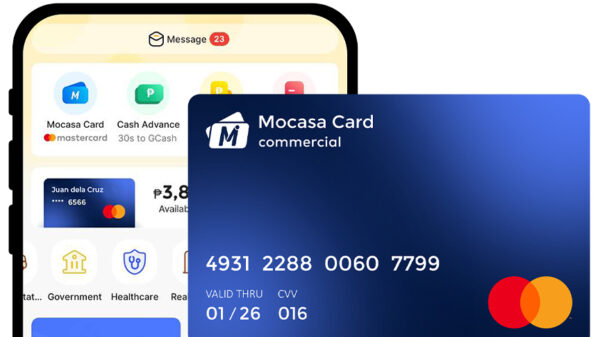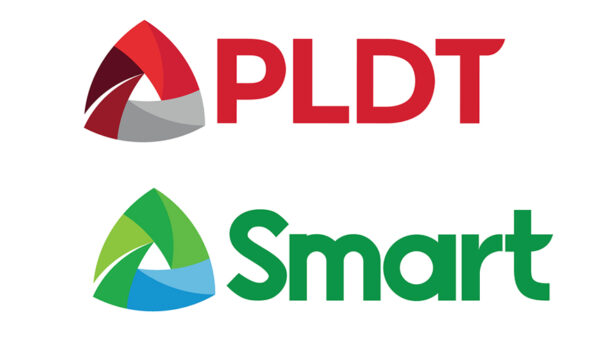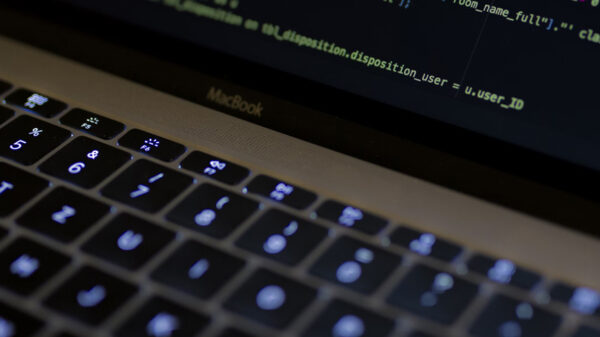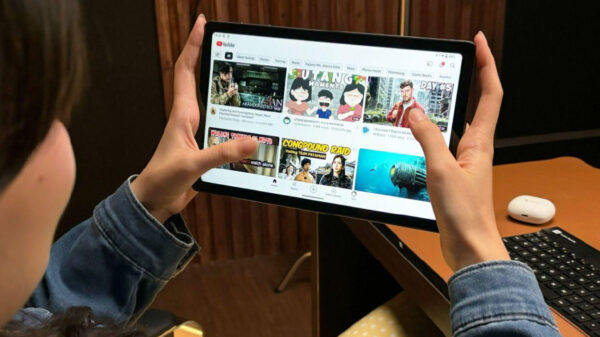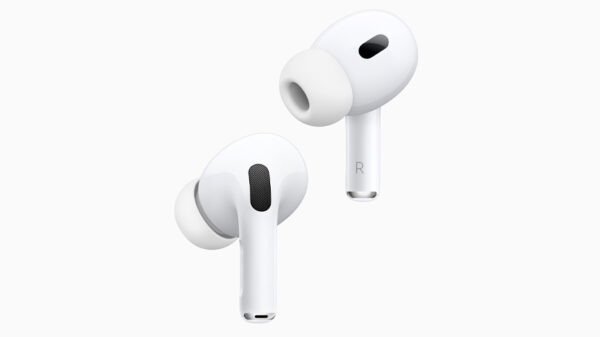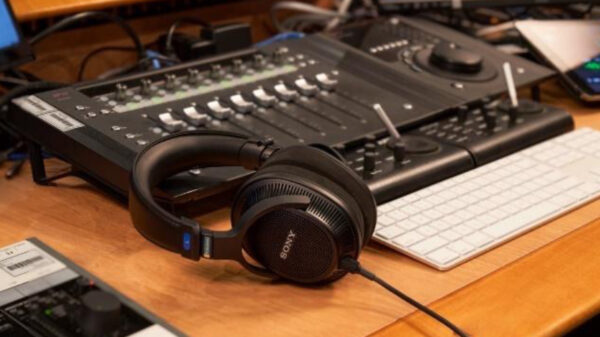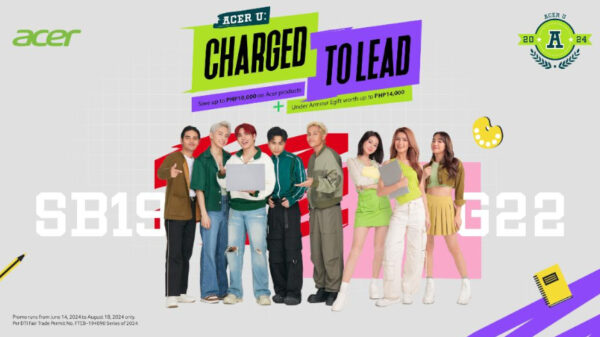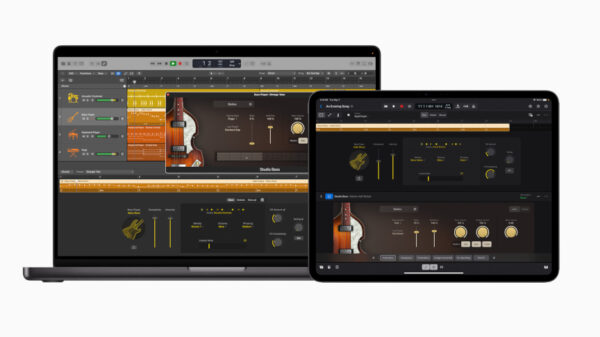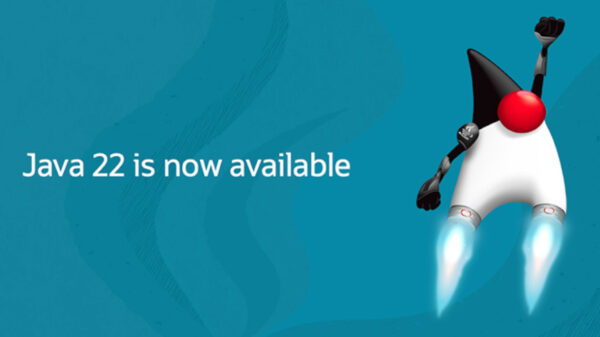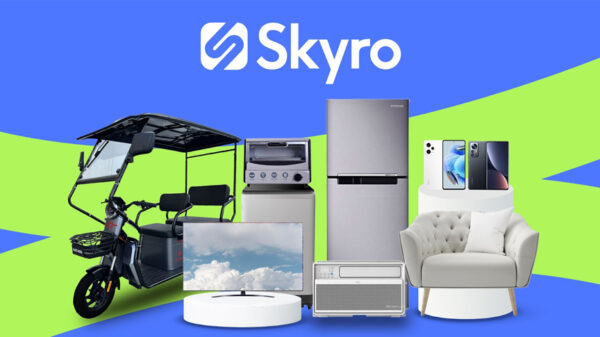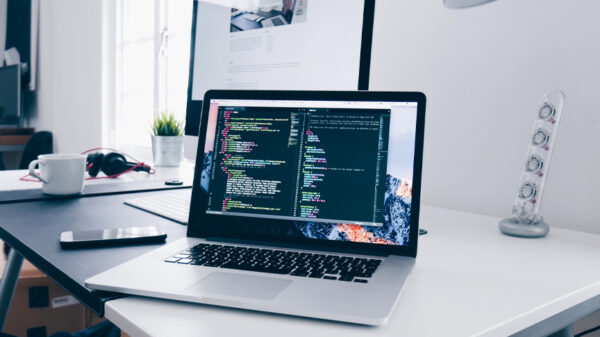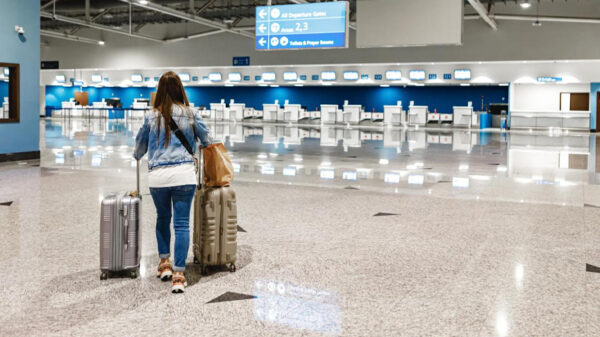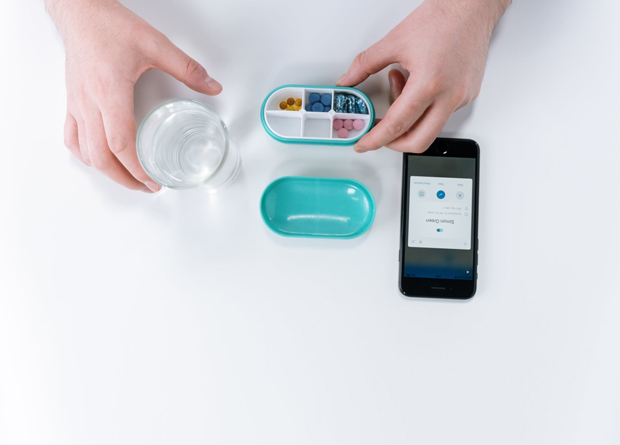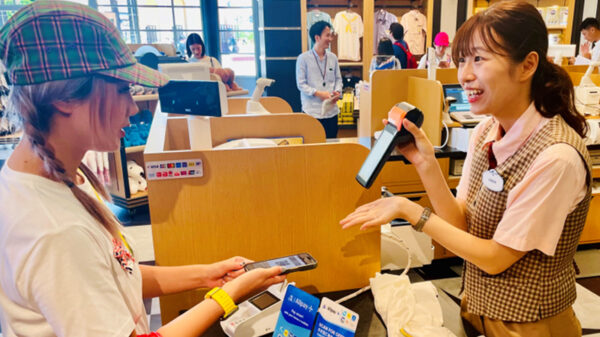It’s no secret that mental health has been impacted just as much, if not more, as physical health during the pandemic. Mental health services have evolved greatly over recent decades but still have a long way to go to be able to provide the right care for all those who need it. Unfortunately, the pandemic has raised even more issues and placed further strain on mental health services around the world.
Due to this, the public is now seeking new avenues to relieve stress and improve diminishing mental health, or to prevent any mental health disorder occurring. RTT researched the impact that COVID-19 had on Americans and how they dealt with COVID-related stress issues, and in this article we take a further look into their findings about how people are seeking new online mental health solutions during the pandemic.
Increasing Numbers Turning To Mental Health Apps
The internet has been a saviour for many in 2020, being able to communicate with loved ones, while businesses can still operate with staff working from home has been invaluable. The web has provided essential information for all of us while remaining at home.
Searches in 2020 in line with therapy have risen hugely compared to 2019 and it isn’t just those seeking a professional either. Terms for how to become a therapist have increased dramatically, as many people have either lost their current roles or have had time to reflect on their careers, it appears huge numbers are now looking to retrain in an industry that is both rewarding and in demand.
As therapists are having to close practice doors to ensure social distancing and the safety of staff and clients, video calling software is providing a respite for many. Search terms for ‘online therapy’ have risen by 96% this year and peaked in the early months of the pandemic.
For wasn’t just those who were already seeing a therapist and worried about the uncertainty of how long it would be before they could have another session, new users were seeking ways to get help during COVID-19 as their mental health was impacted.
However, the most notable part of the study was the huge rise in mental health app searches and usage. The most popular apps, Calm, Headspace and Better Help had seen almost 100% increase in interest this year, and their number of reviews on app stores has risen by over 100% during crucial events and peaks of the pandemic.
In fact, the study revealed that mental health apps and their interest has a direct correlation with events in 2020 that are considered critical, and they aren’t all COVID-19 related. Political events led to an increase and the killing of George Floyd, followed by large numbers of protesters for Black Lives Matter saw a spike in searches as many experienced heightened stress and anxiety. Those affected by institutional racism, or racism of any kind, are more likely to experience mental health issues. Alongside this, those who have witnessed this happened have been impacted.
Why Mental Health Apps Shouldn’t Be Seen As An Alternative To Therapy
These apps are an incredible tool for helping the public cope with stressful situations in the comfort and safety of their own home. They help with mindfulness and meditation and can really make a difference to many people who just need a bit of guidance. Providing a sense of centeredness and providing a form of routine have benefitted thousands during the pandemic.
However, they should never be seen as an alternative to traditional therapy. As stated by Psychiatrist Yasmine Saad PhD:
“Our work as psychologists is to help people look at their minds. There are so many mental health apps out there, but they have a short-term effect if people don’t look at their minds and their ingrained beliefs.”
To put it simply, mental health apps do not have the intelligence to tailor a programme to those with mental health issues, no matter how small or major. Therapists use their wealth of knowledge and experience to understand the life and lifestyle of a client and help them understand their condition and find the right way for that person to deal and cope with these struggles.
By ignoring your mental reliance solely on technology to ‘cure’ you, it could actually end up doing more harm than good.
Many therapists do suggest the use of Headspace and other apps, but this should only be seen as a supplement to therapy sessions and not a replacement.
If you are struggling with your mental health or know of anyone who is doing so, using these apps in the short-term while you try to find the right provider is fine and using them alongside can help. But, the first port-of-call should be to contact your local mental health services, the sooner you do, the better.

